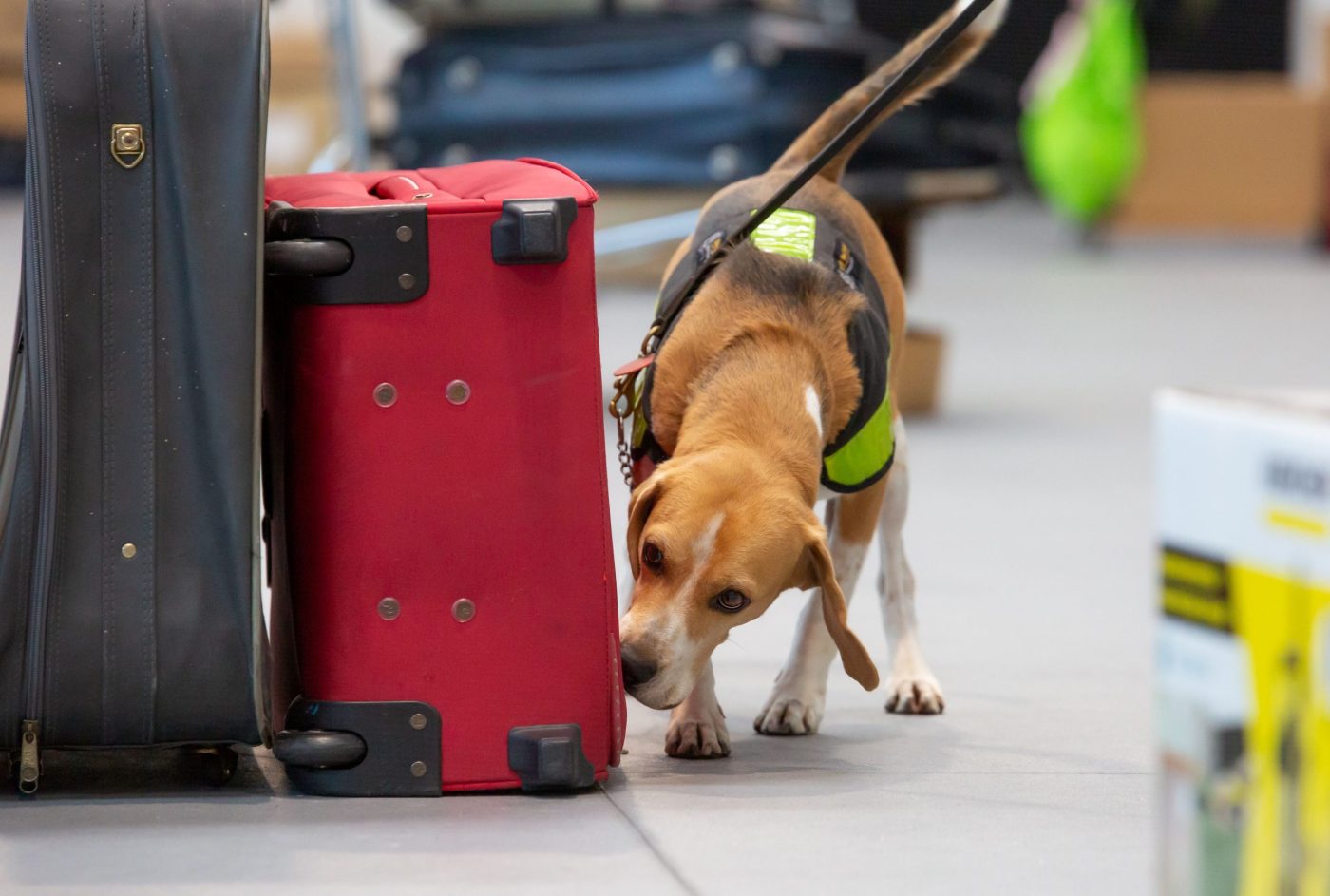
More officers, detector dogs, and airport hosts, along with an enhanced public awareness campaign, will bolster biosecurity protections for New Zealand this summer.
“We’ve strengthened our frontline to ensure biosecurity threats such as foot-and-mouth disease and brown marmorated stink bug do not cross the border and harm the country’s $54 billion primary sector,” Biosecurity NZ commissioner Mike Inglis says.
Biosecurity NZ has recruited 72 frontline officers this year, including 24 recent graduates who will be based at Auckland Airport over the summer.
Detector dog handlers on duty this summer will increase nationwide from 30 to 39.
“The additional detector dog team capacity means we can make greater use of airport express lanes to speed up passenger flows,” Inglis says.
“Opening our express lanes to more travellers, combined with changes to how we assess passengers for biosecurity risk, will result in more efficient processing.
“Our biosecurity controls are necessary to protect New Zealand.
“At the same time, we want to build on processing improvements over the past year that have resulted in nearly a 50 per cent reduction in the time it takes passengers to get through biosecurity at Auckland Airport.”
Inglis says the quickest way to pass through biosecurity screening is to avoid bringing food or other items that could pose a biosecurity risk.
Travellers who complete a digital declaration will increasingly experience faster border processing.
The New Zealand Traveller Declaration can be completed 24 hours before departing for New Zealand.
This summer will also see 44 part-time biosecurity hosts at New Zealand’s four main international airports.
“The move follows successful trials last summer, using 19 hosts, to welcome air passengers on arrival, help with queue management, and provide friendly biosecurity assistance,” Inglis says.
An enhanced public awareness campaign aimed at travellers to New Zealand will start in mid-December.
Like previous years, the campaign will encourage people to declare or dispose of potentially harmful items upon arrival and prompt them to think about the things they are bringing before they arrive.
“The more informed travellers are about our biosecurity rules before they visit New Zealand, the less likely they are to bring risk items in,” Inglis says.
“Those who don’t declare face an infringement fee of $400 or even prosecution.”
Inglis expects to see a small increase in the volume of international passenger arrivals this summer.
“We understand there is a 1.8 per cent rise in available seating to around 3.95 million seats between November and March.”
Peak international airport arrivals are expected between December and January.
He says arrival volumes are approaching pre-Covid levels, with increases every month.
“Nationwide, we screened 562,980 passengers in October, up from 544,370 in the same month last year.
“Officers also seized 8,854 risk items and issued 831 infringement notices to passengers who failed to declare items in October.”
Inglis says the most common seizures continue to be fresh produce, dirty camping equipment, soiled boots and meat products.
Recent unusual finds include undeclared eggs filled with silicon and an ornately-carved cow skull from Indonesia.









